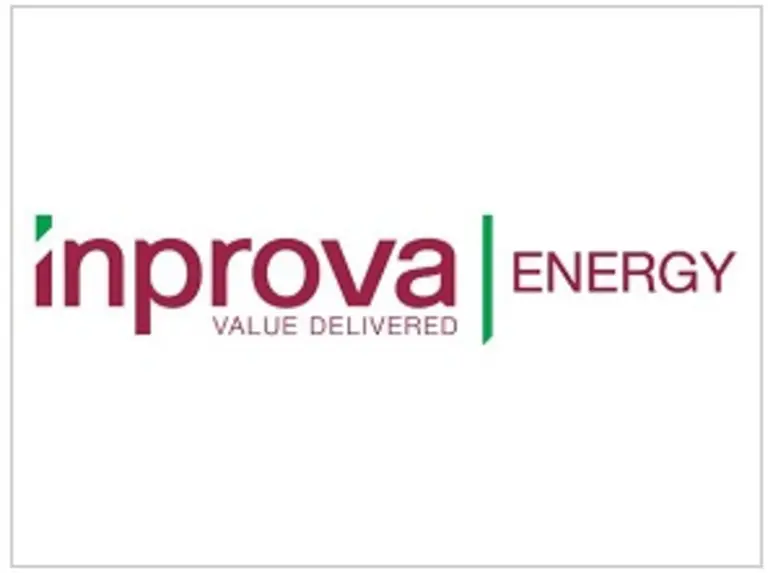Energy often accounts for a large proportion of business spend and with energy prices on the rise, procurement and finance departments are now under pressure to find innovative ways to spend less on this critical element of their business.
It’s important for businesses to implement an energy strategy which not only secures the best energy prices but also uses energy efficiently to cut consumption and overall costs.
An experienced and professional energy consultancy can help organisations implement and manage an energy strategy… however with so many consultancies out there, it’s important not to get stung by ‘rogue’ advisors. To help you filter the cowboys from the reputable energy advisors, here’s our top 5 questions to ask your prospective energy consultant:
- How is your advisor paid and all the fees transparent?
A reputable consultant should openly and clearly explain how much their services cost. Some advisors will work off a commission structure whilst other’s will charge a flat fee.
Commission rates can vary widely from 0.05pence to 5pence per kilowatt hour. Be sure to review your current arrangements and check whether you advisors commission was included within you energy supply contract.
- Does your energy advisor provide a range of contract structures?
Sometimes smaller brokers will recommend an energy contract that’s easiest for them to manage. Often this is a long-term fixed contract which depending you your circumstances, could see your organisation overpaying for energy during period when wholesale prices are declining.
Ensure your chosen energy advisor can support their recommendation with strong market intelligence based on your overall company objectives.
- Is your advisor independent and which suppliers do they approach?
Your chosen advisor should obtain bids from a variety of energy suppliers on your behalf and send across a detailed summary of responses based on pre-agreed objectives. For a reputable advisor this means; compiling the necessary site and company data, identifying the best suppliers for your contract, tendering and managing response and negotiating prices on your behalf.
- What service levels can you expect going forward?
By using an energy advisor, you should expect a certain level of customer service. As the title implies, your energy advisor is there to advise you on the industry and help you better manage your businesses energy.
In addition to finding you the best contract, a quality advisor will help you better manage your energy and should be able to set up bespoke consumption reports to identify where you could reduce energy usage.
- What additional support can the advisor offer?
Don’t forget, when reviewing which consultancy to use, it’s important to look at the additional services they can offer. This may include:
- Energy management services
- Invoice checking
- Multi-site management
- Renewal reminders
- Market analysis.
Remember… energy advisors should act as an extension of your own business so you can focus on what matters to your organisation. Why not ask you prospective consultancy for references or case studies from other clients to better understand how they work and what they can offer?

